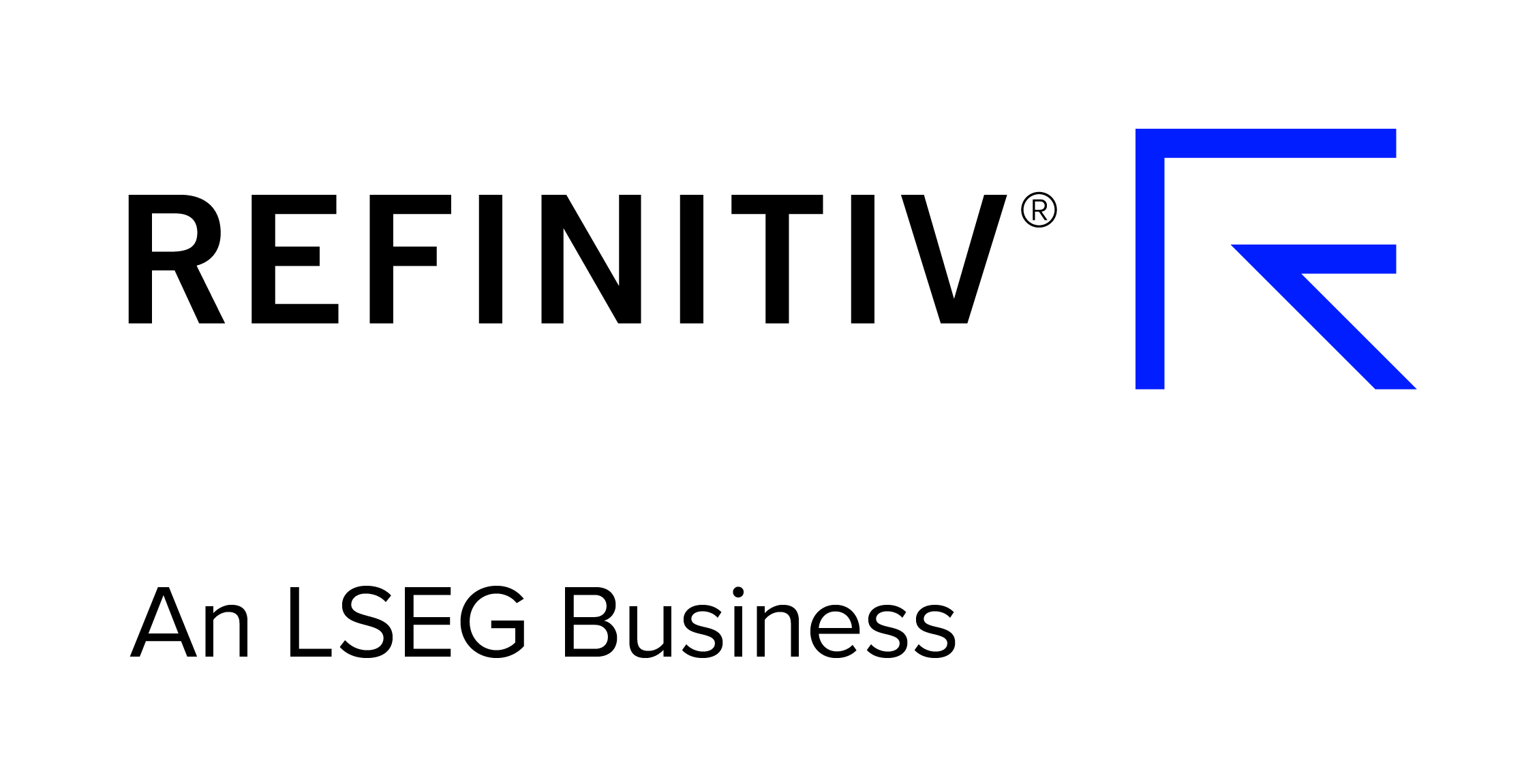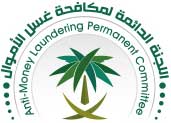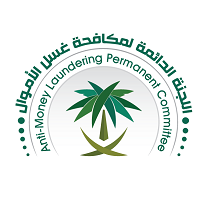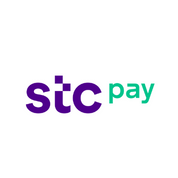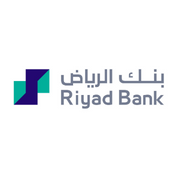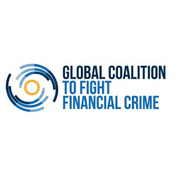Registrations are now closed. On-site registrations will be available.
About CAML

The 14th Compliance and Anti-Money Laundering (CAML) seminar returns in its 14th edition on the 20th of March 2023, in Riyadh, Saudi Arabia. CAML is organized by The Saudi Central Bank (SAMA), Anti-Money Laundering Permanent Committee (AMLPC) and Refinitiv (An LSEG Business) and is held under the patronage of His Excellency Mr. Ayman Alsayari, Governor of The Saudi Central Bank (SAMA).
CAML was first held in the Kingdom of Saudi Arabia in 2008, the event was in response to increasing regulatory pressure and compliance complexity in the wake of the financial crisis.
Our Speakers
Agenda
08:00 - 09:00
Registration and Networking
09.20 - 10.20
Panel Session 1: Global Regulatory Developments
Session Overview
The AML regulatory landscape continues to evolve at a rapid pace to adapt to new challenges and address weaknesses in existing frameworks. FATF, for example, has been actively working on strengthening its standard on beneficial ownership transparency on legal arrangements and expects to finalize revisions to this standard in 2023. The inter-governmental body has also produced a third targeted update on the global implementation of its standards on virtual assets and virtual asset service providers. With the EU’s anti-money laundering reforms soon coming into effect, the UK establishing its own AML regulatory path, and the US enacting new legislation last year, major changes are ahead for financial professionals. This session will discuss the latest AML regulatory developments and what financial institutions can do to prepare for 2023 and beyond.10.20 – 11.20
Panel Session 2: Latest Challenges in Proliferation Financing
Session Overview
The global security landscape today is more complex and unpredictable than it has ever been. From organized crime and terrorism to cyber-enabled espionage, the security challenges that the world faces are immense, and proliferation financing (PF) is no different. While international standards and requirements on PF have rapidly evolved in the past few years, there is still limited understanding with regard to how the PF’s risks are identified and assessed, and the tools that can be used to mitigate them. As financial transactions become more globalized and technology-driven, the risks faced by financial institutions in PF are also changing. In October 2020, the Financial Action Task Force (FATF) updated its standards to address the growing threat of illicit proliferation of weapons of mass destruction. Specifically, it amended Recommendations 1 that require countries and the private sector to identify, assess, and understand the risks of potential breaches, non-implementation, or evasion of PF-related financial sanctions and the measures that can be implemented effectively mitigate the PF’s risks that a country faces In June 2021, FATF issued a new guidance on PF risk assessment and mitigation. Additionally, the United Nations Security Council (UNSC) imposes global and country-specific prohibitions related to PF. FATF’s Recommendation 7 requires all countries to implement financial sanctions to comply with the UNSC’s two resolutions. Meanwhile, the EU’s new AML package addresses the subject of PF risk in alignment with FATF. In this session, international experts in financial crime will look at how PF risks are identified and assessed, including the measures to mitigate the PF’s risks, discuss the latest trends and risks, including red flags in PF, and the role of the financial sector in preventing PF, potential loopholes that could arise and how to mitigate them, and best practices for the effective implementation of PF-related sanctions.Session Sponsored By
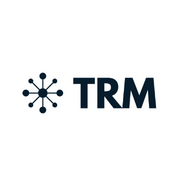
11.20 – 11.40
Networking Break
11.40 – 12.40
Panel Session 3: Cyber-Enabled Fraud Crime
Session Overview
Cybercrimes are spreading at an incredibly accelerated pace globally due to exceptional and rapid development in financial services, particularly during corona pandemic, creating more opportunity for cross-border crime, including online fraud/scam to accrue and in this era of instant and remote payments, conventional approaches to financial crime prevention are losing their effectiveness. Traditionally, AML was about compliance, fraud programs were about detecting and resolving fraud, and cybersecurity was about preventing cyber threats. However, as more financial activity takes place digitally, the lines between these three activities are increasingly becoming blurred. Indeed, most cyberattacks on banks show the convergence of AML, fraud, and cyberbreaches. To close the gaps in financial crime risk management, modern banking requires stronger and faster risk detection. This, in turn, calls for more collaboration and data sharing between previously fragmented teams. This session will explore the current reality and assessment of global threats, the emerging ML/TF risks associated with cyber-enabled fraud.it will look at what fraud and AML leaders should be doing to bring together cyber intelligence, fraud prevention, and AML activities. It will also look at global best practices, including through evolving data sets and technologies such as machine learning, biometrics, and digital intelligence to strengthening financial fraud detection, prevention, and investigative capabilities.Session Sponsored By

12:40 - 13:40
Lunch
13:40 - 14:40
Panel Session 4: Financial Inclusion -The Impact of a Non-Risk Based Approach
Session Overview
AML regulations are changing across the world from rule based to risk based. Many FIs have already transitioned from a tick-box to a risk-based approach to AML compliance. This is less burdensome when assessing lower risk sectors or activities and is critical for increasing financial inclusion of unserved/underserved individuals and businesses. On the other hand, applying an overly cautious, non-risk-based approach to AML safeguards when providing financial services can unintentionally lead to the exclusion of legitFimate consumers and businesses. This session will explore the different ways financial institutions are facilitating financial inclusion and their role in the correct application of the risk-based approach. Looking at practical scenarios, panelists will discuss how FIs are driving risk-based compliance in a manner that is proportionate to the risks identified, to avoid contributing to de-risking or financial exclusion.14.40 – 15.40
Panel Session 5: Outsourcing AML Activities - The Opportunities and Challenges
Session Overview
Against the development of increasingly sophisticated money laundering methods, financial institutions have a crucial role to play as gatekeepers. With the global shortage of AML talent, many financial institutions have been outsourcing AML duties. This practice not only solves the challenge of finding skilled expertise, but it also frees up existing staff so they can take on other functions and can ultimately lower overhead expenses. Yet, outsourcing sensitive AML tasks exposes FIs to a variety of risks as it makes it easier for criminals to exploit weaknesses and hack into systems. While outsourcing can be a cost-effective way of managing AML compliance, how far can a FI go in offloading its AML compliance tasks to an outside party? What activities are appropriate for outsourcing and which tasks should be handled in-house only? Are there regulations that prohibit the outsourcing of AML tasks? This session will discuss the risks and benefits that come with outsourcing AML activities and the measures that can be taken to reduce these risks.Registration & Networking
Keynote Address
Session 1: Developments of GCC Countries on AML
Session 2: FATF latest updates and DNFPB’s
Panel Session 2: FATF Latest Updates + DNFPB
Networking Break
Panel Session 3: Latest Developments in Global Sanctions
Panel Session 3: Virtual assets the opportunity and risks
Lunch
Panel Session 4: Latest development in global sanctions
Panel Session 5: Adapting compliance & AML programs for an open banking environment

